Intro
Discover the 5 ways REM sleep works, enhancing brain function, memory consolidation, and emotional regulation through vivid dreams, neural plasticity, and restorative processes.
Sleep is a fundamental aspect of human life, and among its various stages, REM (Rapid Eye Movement) sleep stands out for its unique characteristics and crucial role in our overall well-being. REM sleep is the stage where most dreams occur, and it's also the period when our brain is most active, similar to being awake. Understanding how REM sleep works can provide insights into its importance for our health, cognitive functions, and emotional regulation.
The significance of REM sleep cannot be overstated. It plays a critical role in memory consolidation, learning, and emotional processing. During REM sleep, the brain processes and strengthens memories, transferring information from the hippocampus to the neocortex for long-term storage. This process is essential for learning and memory, and disruptions in REM sleep have been linked to cognitive impairments and memory deficits. Furthermore, REM sleep is involved in emotional regulation, helping to process and manage emotions, which is vital for mental health.
REM sleep is also characterized by its distinctive brain wave patterns, which are similar to those experienced during wakefulness. This similarity suggests that the brain is actively engaged during REM sleep, processing and consolidating information gathered during the day. The active nature of REM sleep is further highlighted by the vivid dreams that often occur during this stage, which can reflect the brain's attempt to make sense of the day's events and emotions. Given its complexity and importance, exploring the mechanisms and functions of REM sleep can offer a deeper understanding of its role in our lives.
Introduction to REM Sleep
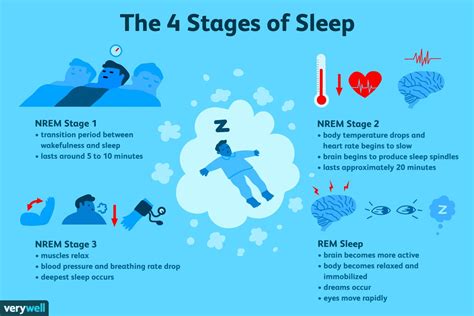
REM sleep is one of the three main stages of sleep, alongside non-REM sleep and wakefulness. It typically occurs in cycles throughout the night, with each cycle lasting around 90 to 120 minutes. The first cycle of REM sleep usually occurs about 90 minutes after falling asleep and lasts for a short duration, with subsequent cycles increasing in length.
Characteristics of REM Sleep
During REM sleep, several distinct physiological changes occur. These include rapid eye movements, increased brain activity, paralysis of the muscles (to prevent acting out dreams), and higher body temperature. The brain's electrical activity during REM sleep, as measured by electroencephalography (EEG), shows patterns similar to those during wakefulness, indicating high levels of cognitive processing.Functions of REM Sleep
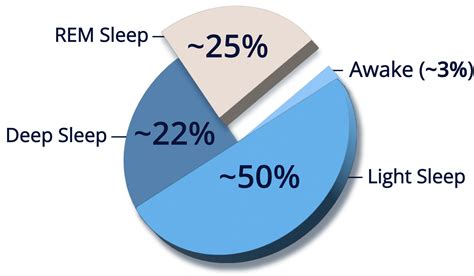
REM sleep serves several critical functions, including memory consolidation, learning, and emotional regulation. It's during REM sleep that the brain processes and strengthens memories, especially emotional ones, transferring them from short-term to long-term storage. This process is vital for learning and memory, as it helps in retaining information and skills learned during the day.
Memory Consolidation During REM Sleep
Memory consolidation is one of the most significant functions of REM sleep. The brain replays and processes memories, strengthening the connections between neurons and transferring information from the hippocampus, a temporary storage area, to the neocortex for long-term storage. This process enhances memory stability and retrieval, making it easier to recall information and experiences.Impact of REM Sleep on Learning
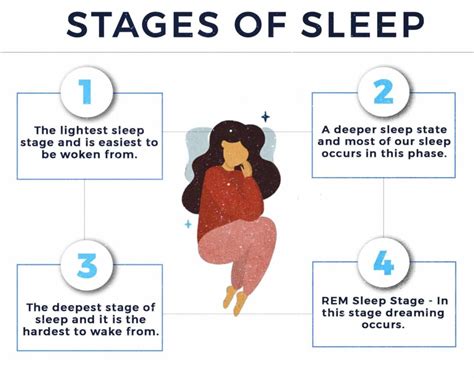
REM sleep plays a crucial role in learning and cognitive functions. It helps in the consolidation of new skills and information, making them easier to recall and apply. The brain's active processing during REM sleep is essential for problem-solving and creativity, as it allows the mind to make novel connections between ideas.
REM Sleep and Emotional Regulation
REM sleep is also vital for emotional regulation and mental health. It helps process and manage emotions, reducing the intensity of emotional experiences. This function is critical for maintaining mental well-being, as unresolved emotional issues can lead to psychological distress and disorders.Benefits of Adequate REM Sleep
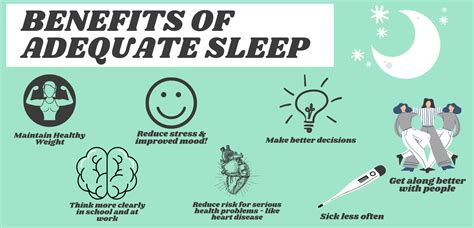
Adequate REM sleep offers numerous benefits, including improved memory and learning capabilities, enhanced problem-solving skills, better emotional regulation, and overall mental health. It also contributes to physical health, with research suggesting links between REM sleep deprivation and increased risk of chronic diseases.
Consequences of REM Sleep Deprivation
Deprivation of REM sleep can have significant consequences, including impaired cognitive functions, memory deficits, mood disturbances, and increased risk of mental health disorders. Chronic sleep deprivation, which affects REM sleep, is linked to various physical health issues, such as cardiovascular disease, diabetes, and obesity.Ways to Improve REM Sleep
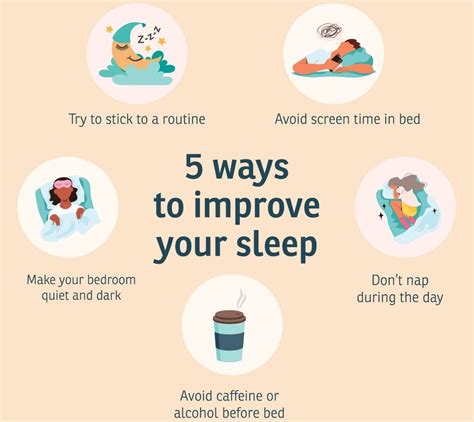
Improving REM sleep involves maintaining good sleep hygiene practices, such as keeping a consistent sleep schedule, creating a sleep-conducive environment, avoiding caffeine and alcohol before bedtime, and engaging in regular physical activity. Establishing a relaxing bedtime routine can also help signal the body that it's time to sleep.
Strategies for Enhancing REM Sleep Quality
Strategies to enhance REM sleep quality include reducing stress through relaxation techniques like meditation or deep breathing, limiting exposure to screens before bedtime due to the disruptive effects of blue light on sleep patterns, and avoiding heavy meals close to bedtime.REM Sleep and Dreams

Dreams during REM sleep can be highly vivid and often reflect the brain's attempt to process and consolidate memories and emotions. While the exact function of dreams is still a subject of research, they are believed to play a role in problem-solving, emotional regulation, and memory consolidation.
Understanding Dream Content
Understanding dream content can provide insights into the subconscious mind and emotional state. Dreams can reflect unresolved issues, desires, and fears, offering a window into the unconscious processes of the mind.REM Sleep Across the Lifespan

REM sleep patterns change across the lifespan. Infants spend a significant portion of their sleep in REM stages, which is believed to be crucial for brain development. As individuals age, the amount of REM sleep typically decreases, which can affect cognitive and emotional functions.
Age-Related Changes in REM Sleep
Age-related changes in REM sleep can impact memory, learning, and emotional regulation. Older adults may experience disruptions in REM sleep due to various factors, including sleep disorders, medication, and lifestyle changes, which can contribute to cognitive decline and mental health issues.Conclusion and Future Directions
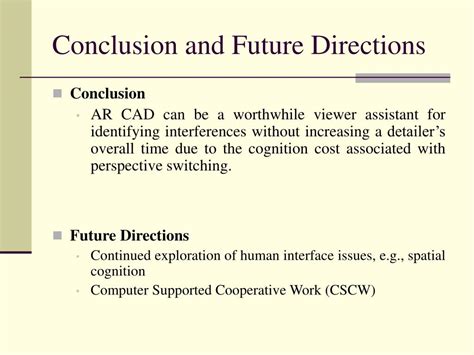
In conclusion, REM sleep is a critical component of the sleep cycle, playing indispensable roles in memory consolidation, learning, emotional regulation, and overall health. Further research into the mechanisms and functions of REM sleep can provide valuable insights into its importance and how to maintain its quality. By understanding and appreciating the significance of REM sleep, individuals can take proactive steps to protect and enhance this vital aspect of their sleep, contributing to better health and well-being.
As we continue to explore the complexities of REM sleep, it's essential to consider its implications for daily life. By prioritizing sleep and adopting practices that support high-quality REM sleep, individuals can potentially improve their cognitive functions, emotional well-being, and physical health. The study of REM sleep is an ongoing field, with new discoveries continually shedding light on its mysteries. As our understanding grows, so too will our ability to harness the benefits of this critical sleep stage.
What is REM sleep, and why is it important?
+REM sleep is a stage of sleep characterized by rapid eye movements, increased brain activity, and vivid dreams. It's crucial for memory consolidation, learning, emotional regulation, and overall health.
How can I improve the quality of my REM sleep?
+Improving REM sleep involves maintaining good sleep hygiene practices, such as keeping a consistent sleep schedule, creating a sleep-conducive environment, avoiding caffeine and alcohol before bedtime, and engaging in regular physical activity.
What are the consequences of REM sleep deprivation?
+Deprivation of REM sleep can lead to impaired cognitive functions, memory deficits, mood disturbances, and increased risk of mental health disorders. It's also linked to various physical health issues, such as cardiovascular disease and diabetes.
How does REM sleep change across the lifespan?
+REM sleep patterns change significantly across the lifespan. Infants spend a large portion of their sleep in REM stages, which decreases as individuals age. Older adults may experience disruptions in REM sleep, contributing to cognitive decline and mental health issues.
What role do dreams play in REM sleep?
+Dreams during REM sleep can reflect the brain's attempt to process and consolidate memories and emotions. They are believed to play a role in problem-solving, emotional regulation, and memory consolidation, although the exact function of dreams remains a subject of research.
We hope this comprehensive overview of REM sleep has provided you with a deeper understanding of its importance and functions. By recognizing the significance of REM sleep, you can take steps to prioritize and protect this critical aspect of your sleep, ultimately contributing to better health, cognitive function, and overall well-being. If you have any further questions or would like to share your experiences with REM sleep, please don't hesitate to comment below. Your insights and feedback are invaluable in helping us better understand the complexities of sleep and its role in our lives.
